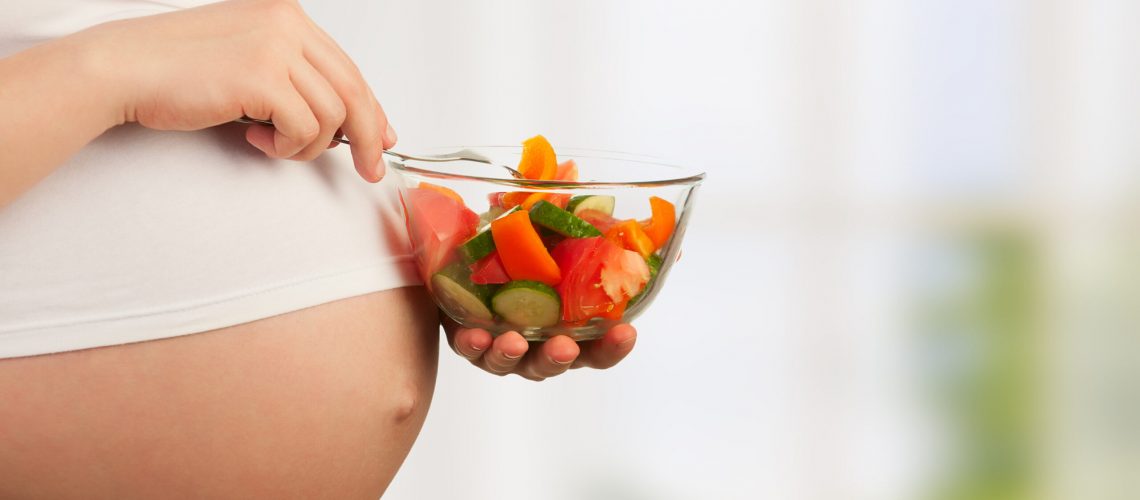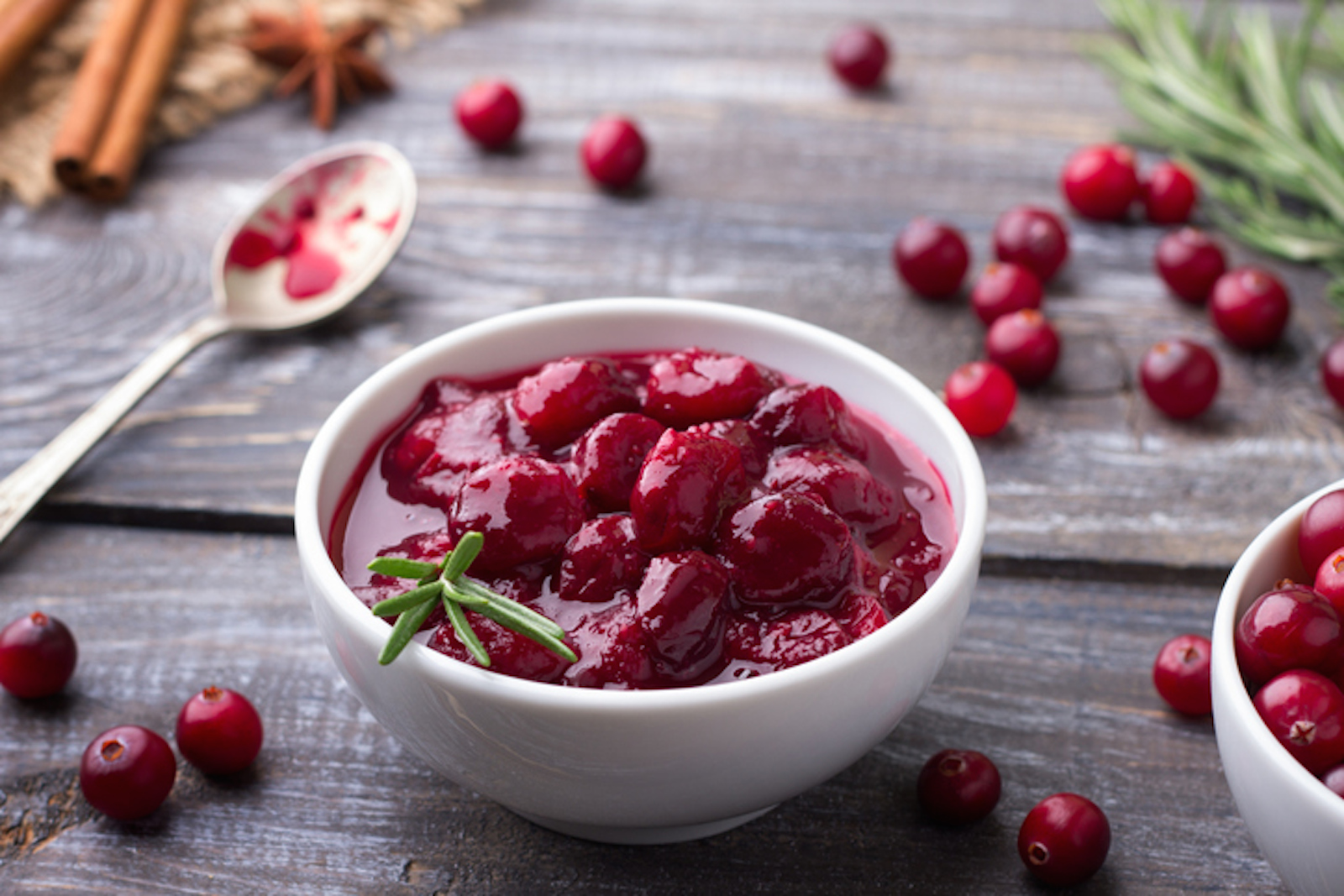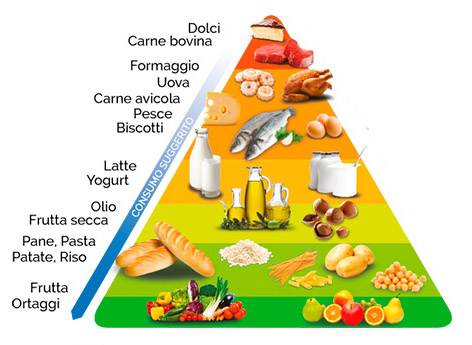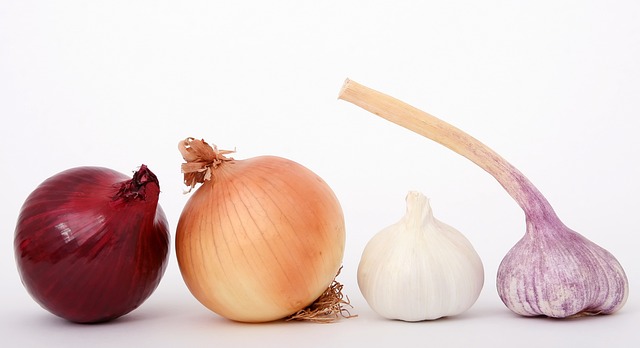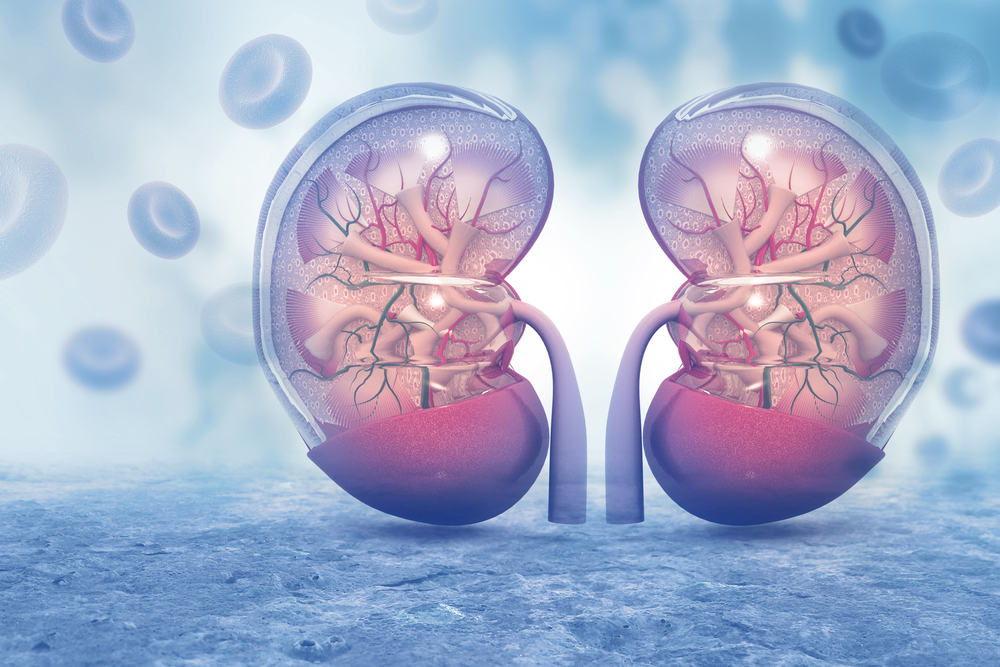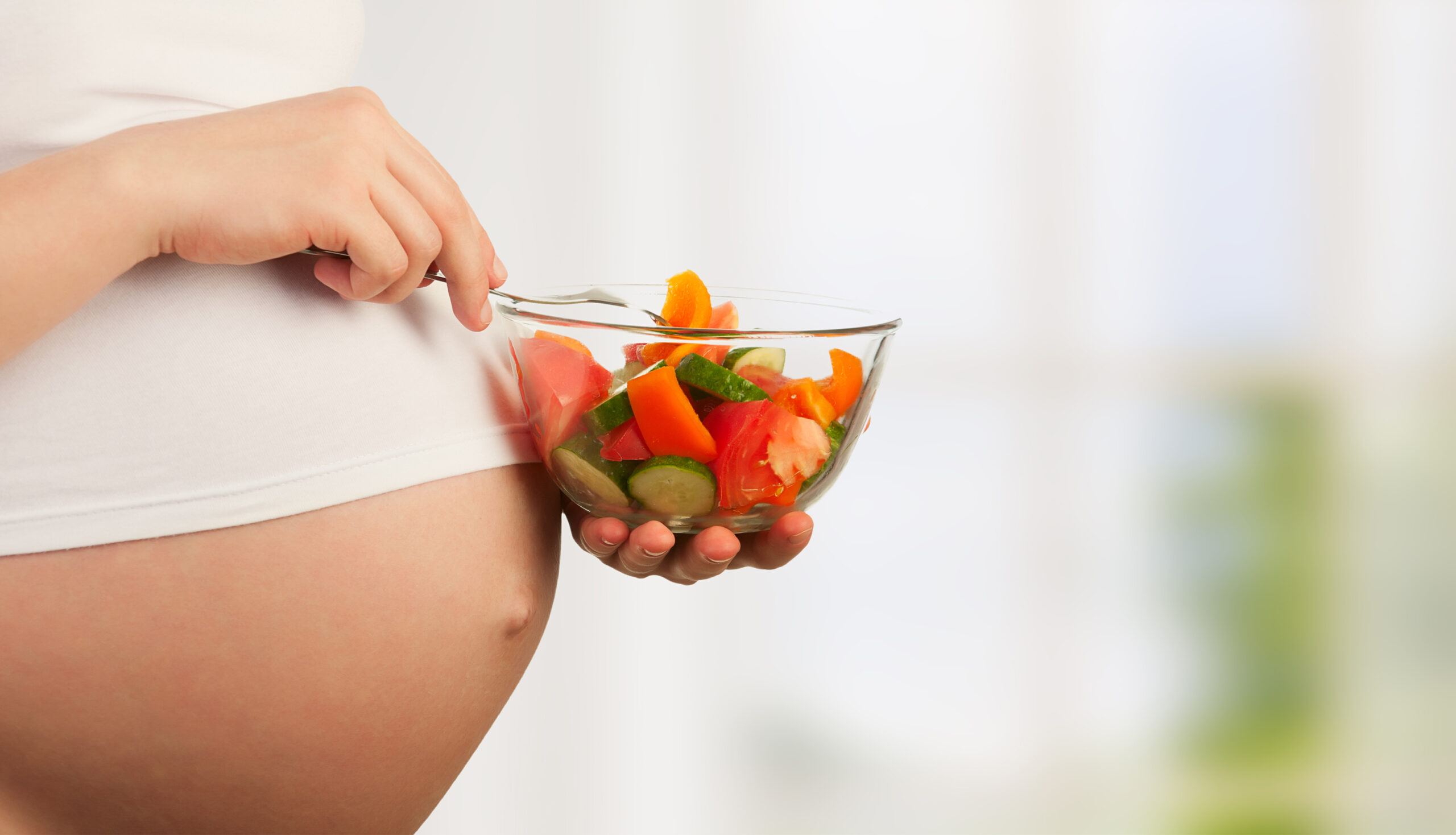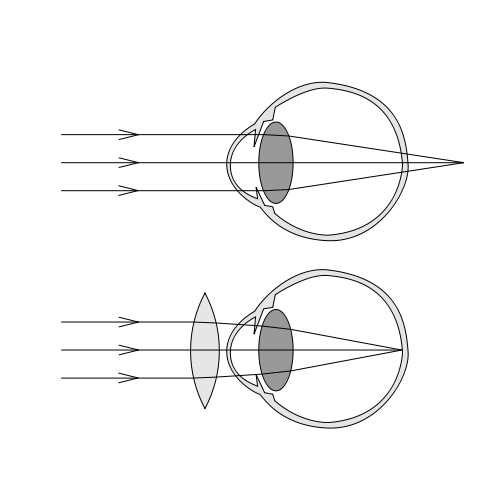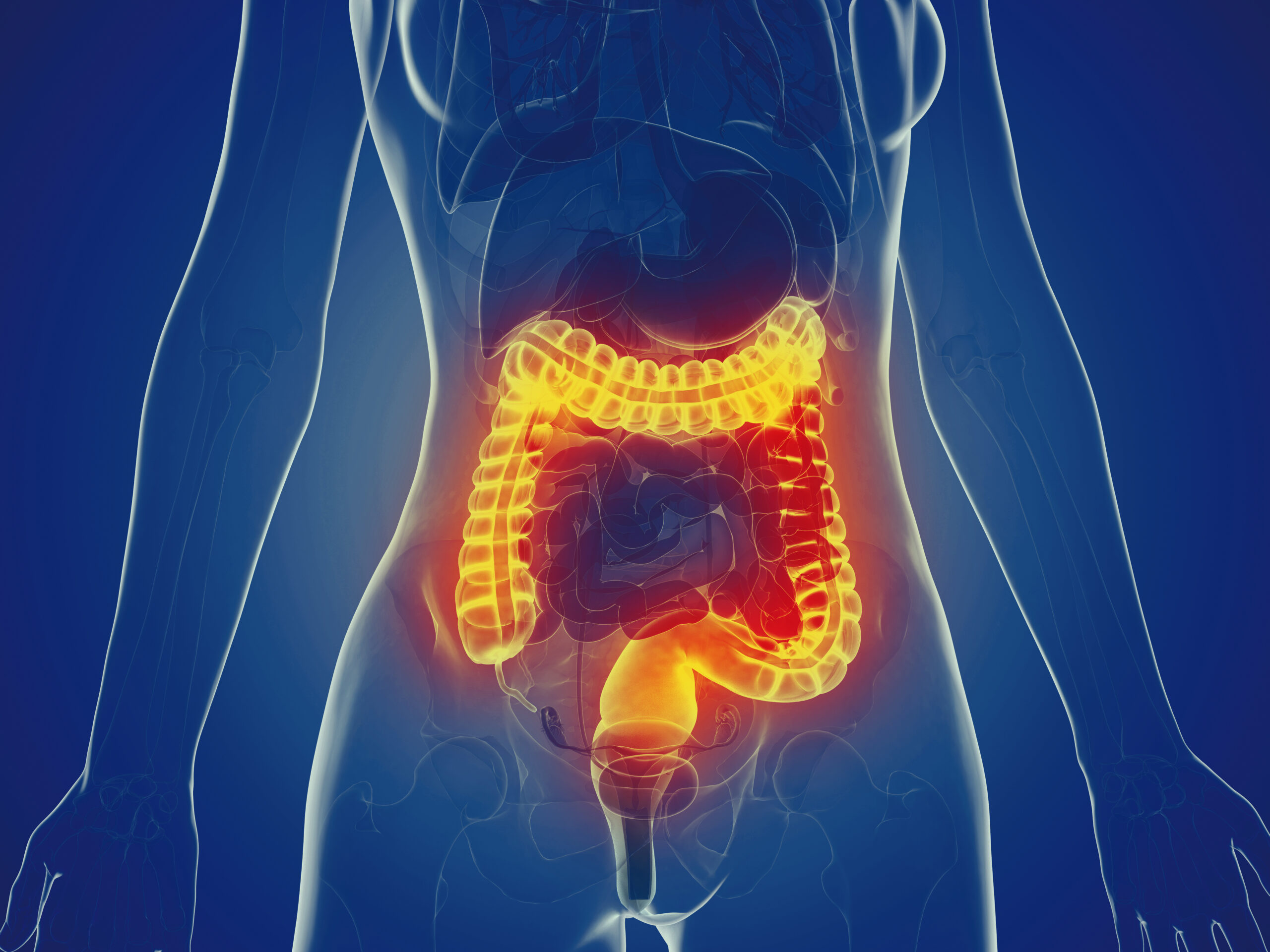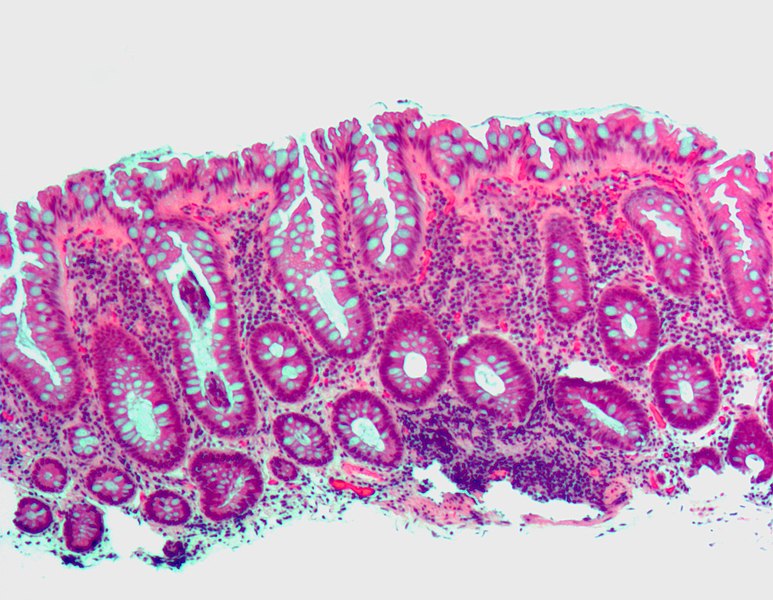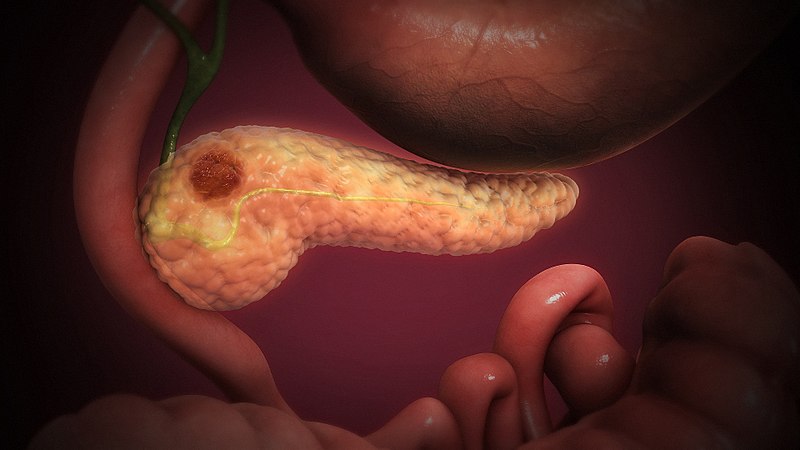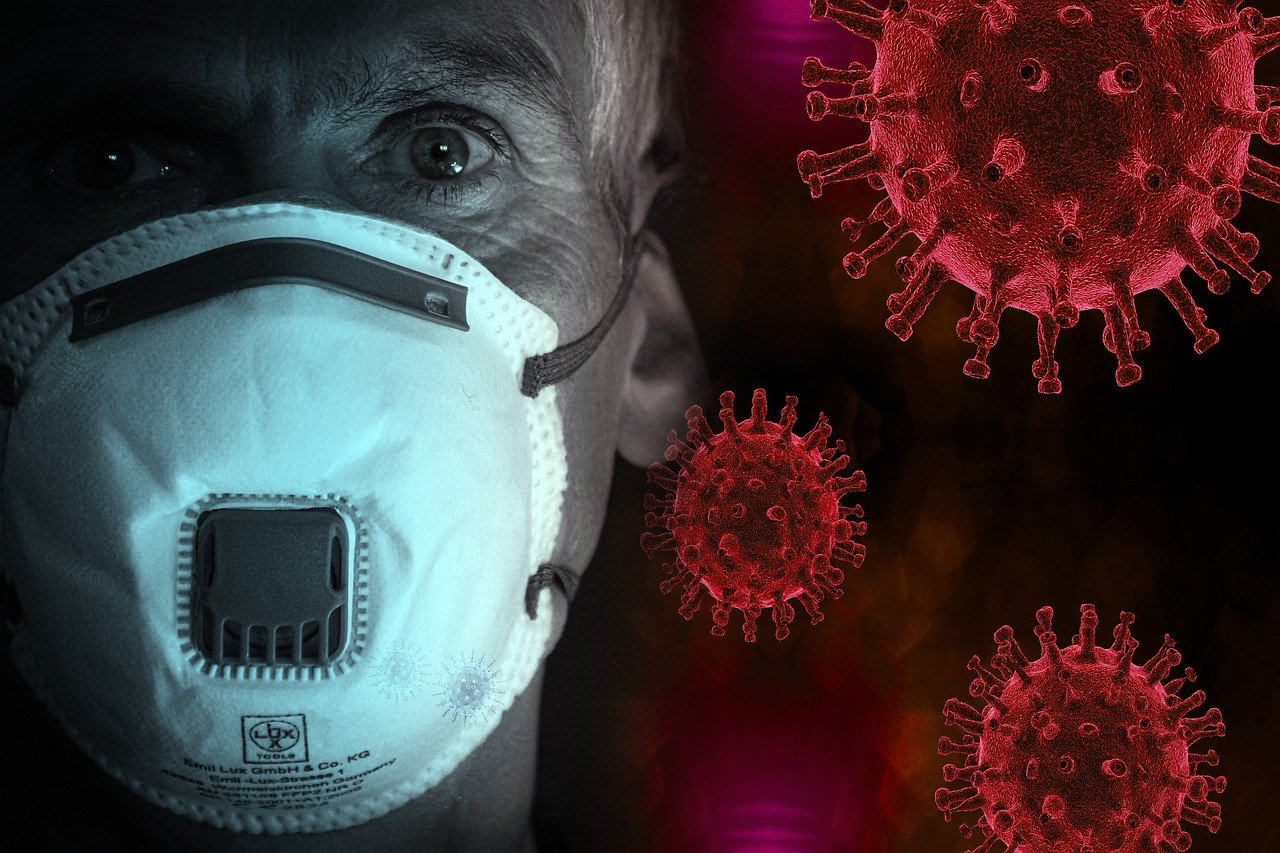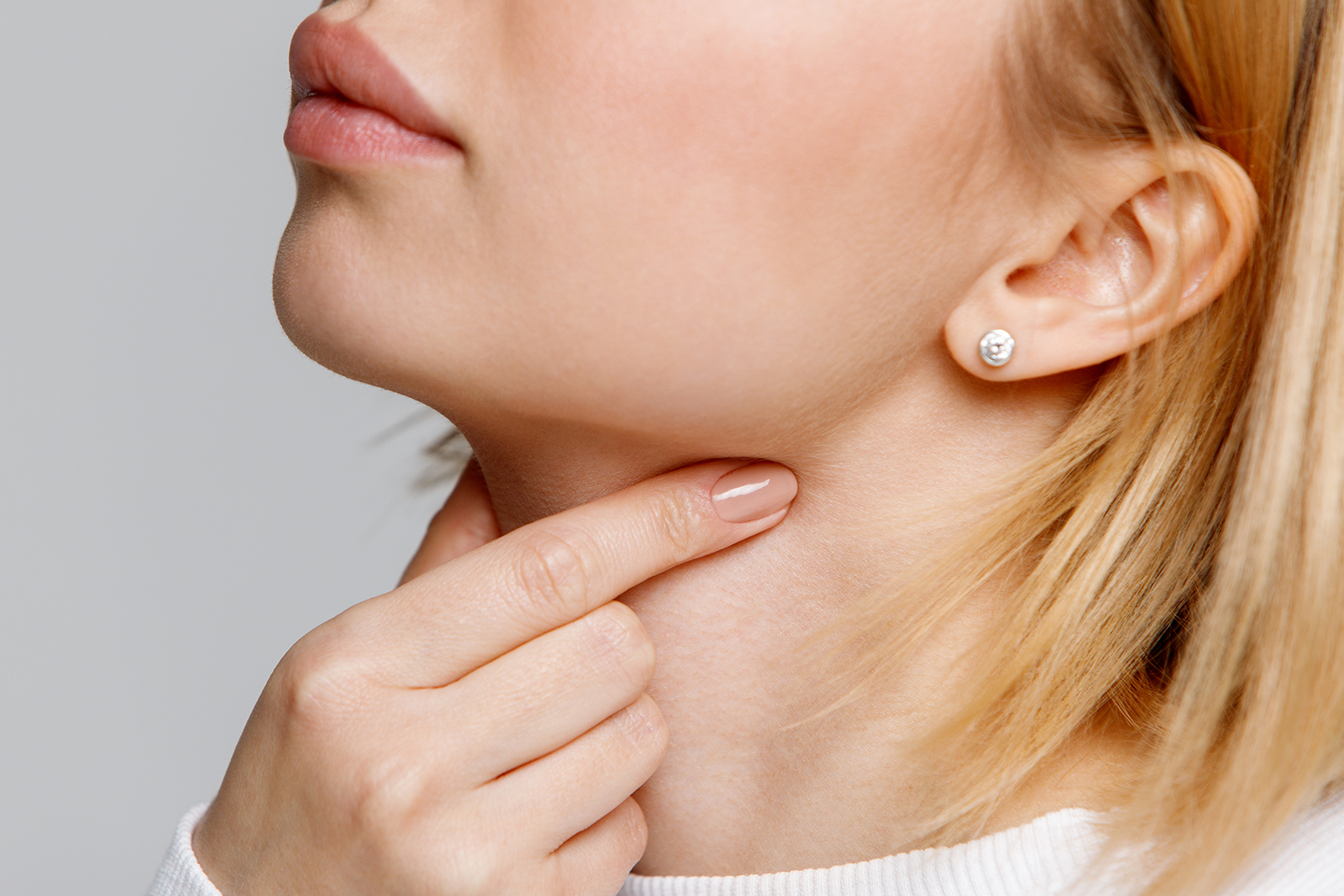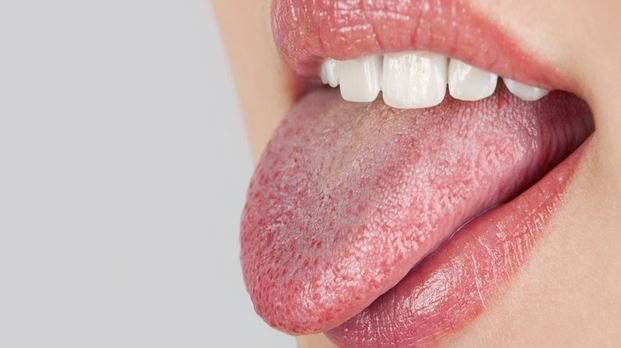A woman in a state of
pregnancy
has a moral obligation to think not only of her own state of health but also, and primarily, of that of the infant she is carrying. In fact, there are many bad habits of mothers that can harm the health of the baby, even before it is born. Of all of them, the most famous and widespread are undoubtedly those of smoking and alcohol abuse, substances that can bring very serious damage to the fetus already during pregnancy, some of which are even irreversible, as well as promote the onset of some very dangerous diseases.
In addition to this, another factor to pay close attention to is nutrition. Poor nutrition, in fact, combined with uncontrolled weight gain of the expectant woman can certainly affect both the body weight of the fetus at the time of birth and its future health status. So which foods are to be preferred and which are to be avoided ?
Some dietary tips
During pregnancy, a woman’s diet must be especially careful and, above all, varied. A poor diet, for example, can lead to the onset of type 2 diabetes during the infant’s growth phase, as well as promote metabolic and cardiovascular complications. Having said that, however, it is necessary to point out that it is not necessary to upset one’s diet during a pregnancy, but it will be enough to follow a few small steps that will bring important benefits to the health of your little ones, as well as to that of the mothers. To ensure proper energy intake, which is necessary for the development of the fetus, it is advisable to take in between 2200 and 2900 KCAL daily calories, although the recommended weight change should be calculated according to the mother’s pre-pregnancy body mass index. It is very important the intake of nutrients such as calcium, phosphorus, magnesium, vitamin A and B that can be found in milk, the regular consumption of which is recommended.
Protein (high biological value) intake from meat, fish, eggs and cheese are also very important. Among the foods just mentioned, the one to be preferred is definitely fish (rather than meat) because of the nutrients contained within it such as polyunsaturated fatty acids, phosphorus, iodine and because of its higher digestibility.
As for restrictions to be observed, it is advisable to moderate the intake of beverages such as coffee, tea and caffeinated drinks, and eliminate alcoholic ones. You should also avoid raw meats, sausages, sweets, unpasteurized milk, improperly washed vegetables and fruits, and reduce salt use to prevent water retention problems.
Such a balanced diet minimizes the risk of chronic diseases and provides the child with all the basic nutrients he or she needs to grow and develop healthy and strong.





